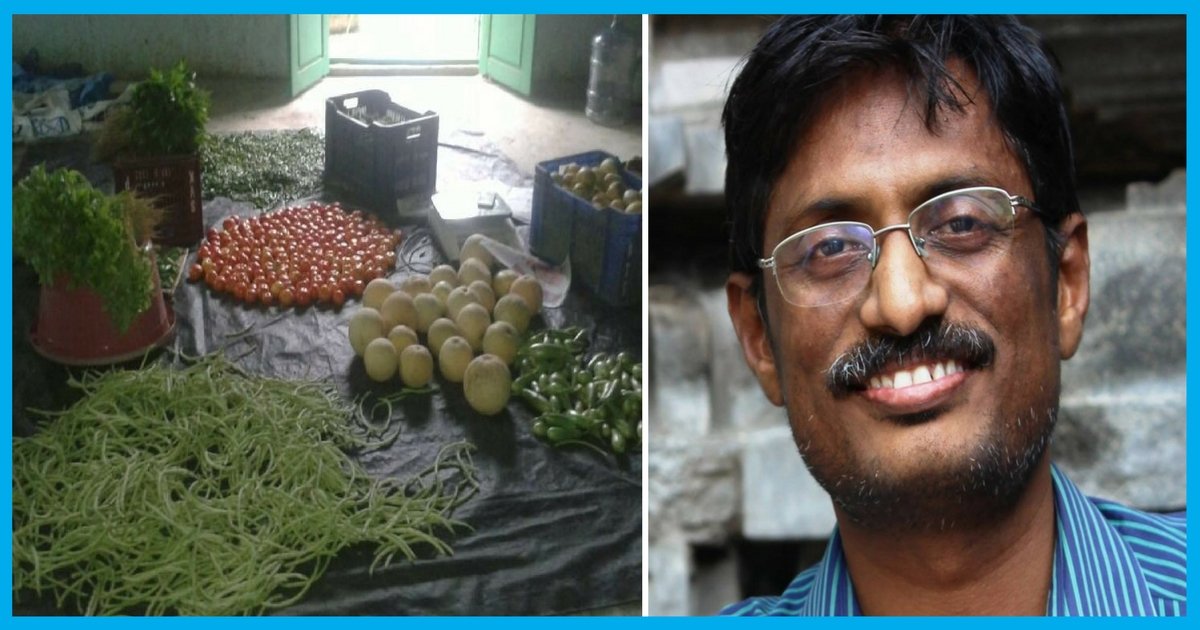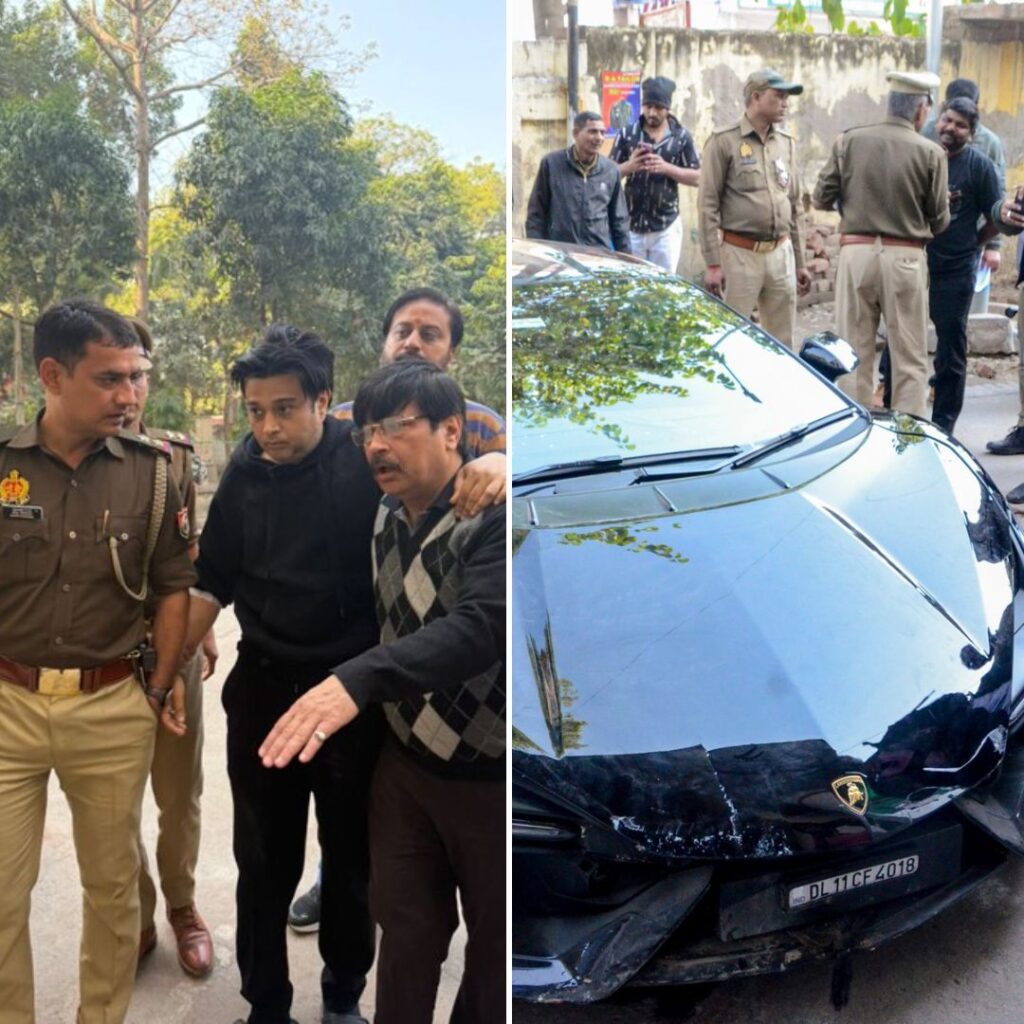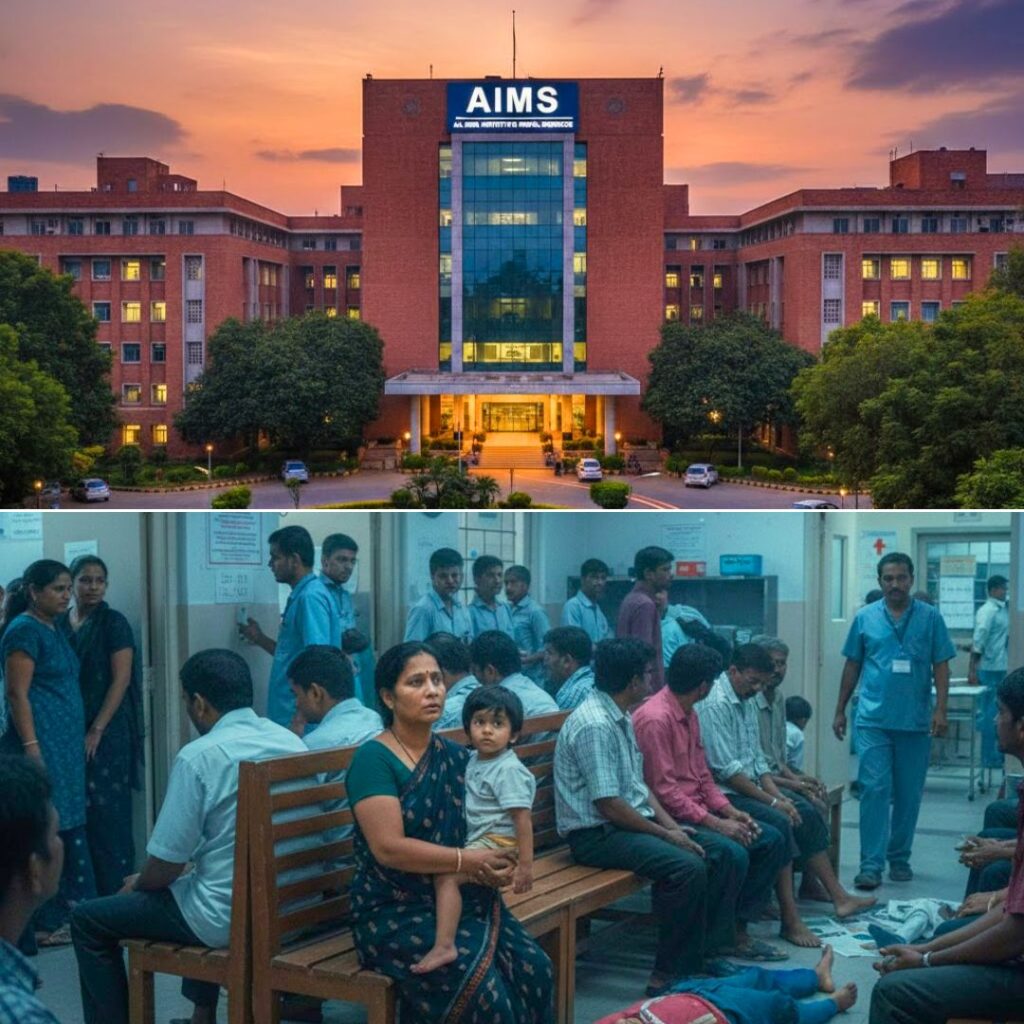âI owe my understanding of the Indian agricultural economy to all the months that I spent preparing for the Indian Civil Services. When I cleared the examination in 1994, I had two choices before me: either to work with the Indian Revenue Services or to pursue a career working with farmers. I chose to work as an agricultural research scientist and help the cause of Indian farmers.â â Dr GV Ramanjaneyulu.
As a scientist who has transformed the landscape of Indian agriculture, Dr GV Ramanjaneyulu and his organisation Centre for Sustainable Agriculture (CSA) has worked with the Andhra Pradesh government in designing and implementing community managed sustainable agriculture from 2005-08, which spread to over 1500 villages covering 35 lakh hectares of land in 18 districts.
He has a PhD in Agricultural Extension from the Indian Agricultural Research Institution, New Delhi. After working with Indian Council of Agriculture Research for eight years, Dr Ramanjaneyulu started CSA which currently works in eight states across India.
The Logical Indian interviewed Dr Ramanjaneyulu about his journey and his inspiration behind taking Indian agriculture on the road to sustainability.
Is the food that we eat safe?
Food is as healthy as it is grown. Today, the indiscriminate use of chemicals in production leaves residues to come back into the food that we consume. A number of studies show that the food grown in India has high amounts of pesticide residues, even as many of the pesticides sold in India are banned in other countries.
Recently, a committee that was appointed by the government of India recommended at least 13 pesticides be removed from sale. But the recommendations were not paid heed to and the sale of pesticides continued. More than 60 pesticides sold in India are banned elsewhere. Pesticides are promoted as if there is no alternative. One of the main reasons behind the increased use of chemicals in production is the failure of extension services. (Extension services are provided by state/central governments to advise farmers on agriculture technologies).
Similarly, if you look at the livestock â a lot of growth hormones and antibiotics are used in chicken, both in the dairy and the poultry sector. Growth hormones and antibiotics come back in the milk, eggs, and meat we consume. All of these practices are because of the high intensive monocultural agriculture models we are following. We keep chickens in a cramped up space in order to increase production, but as diseases spread, we use antibiotics. Itâs a vicious circle.
So the problem begins with models of production. Furthermore, there are serious issues in processing as well. Highly polished rice to bleached sugar, refined solvent extracted oils â all pose serious problems. Food regulatory system in India is dysfunctional and often tries to regulate weaker leaving the stronger players. Many of the imported food sold in India are not properly labelled and are sold without disclosing how, where and when they are grown.
Consumers, as well as government, look for end-of-pipe solutions like labelling. Unless the backend production system is cleaned up, food safety is not going to increase and nothing is going to change.
Despite its advantages, why is sustainable agriculture not being promoted?
Itâs all about priority in terms of the investments made and promoted by the governments. The chemical fertiliser lobby is stronger than the organic lobby. So itâs obvious who gets the say. Millions of rupees are spent on subsidising chemical fertilisers while farmers adopting organic/sustainable/natural farming models have to spend from their pockets. Similarly, more than 99% of the investments made in agriculture research only promote chemicals and hardly any investments are made on developing, refining or promoting more eco-friendly organic farming practices.
Agriculture scientists and extension staff gets into theoretical debates that food production will suffer without the use of chemical fertilisers/pesticides. Across the country, experiences show that pesticide use can be reduced by over 50% and fertiliser use over 60-70%. Even such efforts are not being made by the mainstream institutions. Andhra Pradesh has recorded 50% reduction in pesticide use between 2005-10, according to the governmentâs own data after the implementation of a program called âCommunity Managed Sustainable Agricultureâ (CMSA). All it needs is the support and handholding of the governments. Expecting that governments will continue to promote chemicals and individual farmers will learn and change on their own doesnât happen. Farmers need proper support systems.
Why do consumers remain unaware of how unhealthy their food is? Somehow, in this consumerist world, we get carried away by advertisements, packaging and by the place we buy our food. We feel that if the supermarket is clean, every product is clean, forgetting that food is only as safe as it is grown. But we never c…












